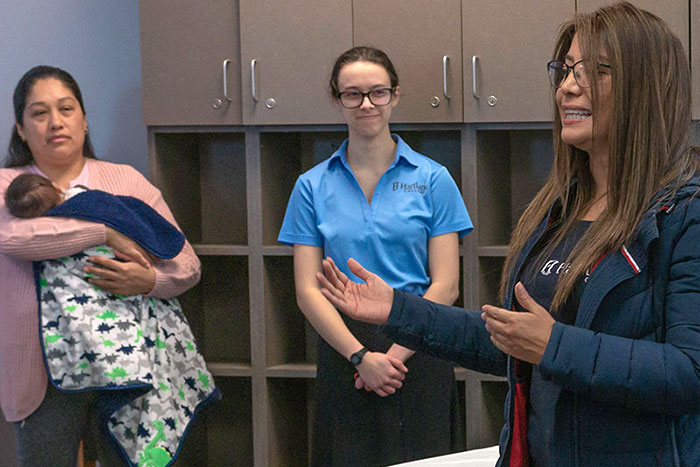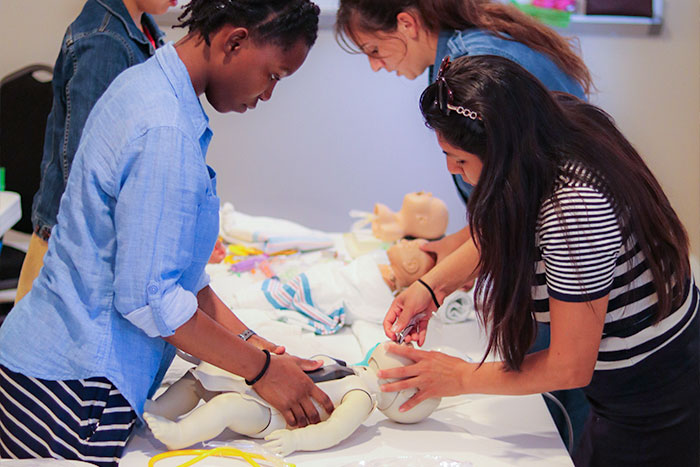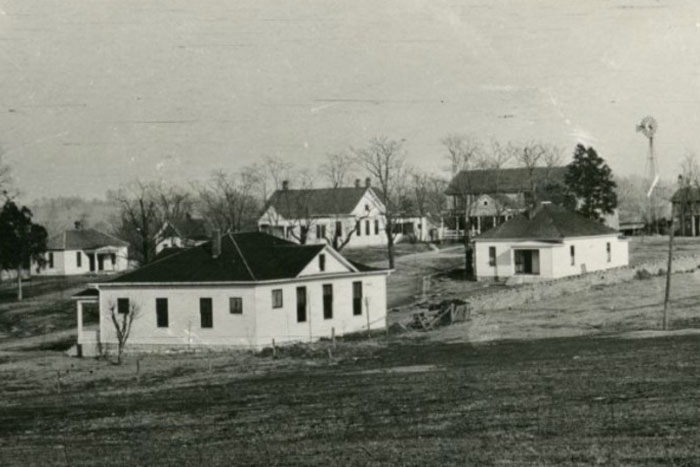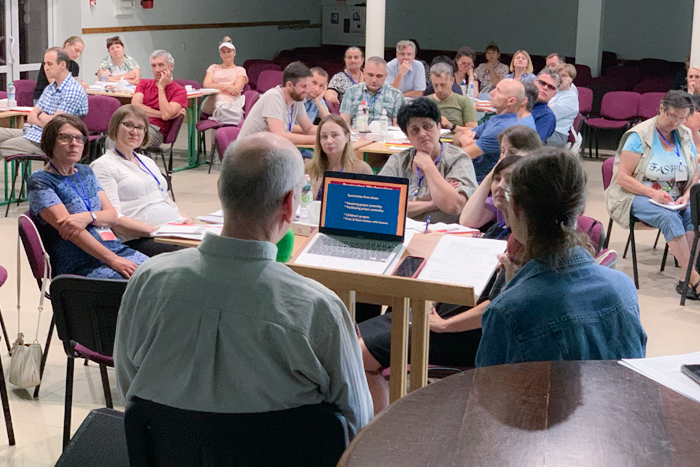Ellen G. White declared that if other Adventist schools would follow this model, “we as a people would be a spectacle to the world, to angels, and to men…”[2] Madison became a testimony to the world on the effectiveness of truly applying a Seventh-day Adventist philosophy of education.
The challenge we face is how to implement this model in the 21st century. This is our goal at Hartland College, to become Madison 2.O. The self-supporting principles are the same, but today we would call it missional entrepreneurship.
How do we implement this model? Through our work-education program. Students who apply and qualify are given time within the weekly work education program to develop their ministry-related business ventures. These business ventures are based on their skill set, academic major, work education station, and the market opportunities available. We have added into our core curriculum classes on business and entrepreneurship. Through these courses, students are trained and those who qualify for a business venture will receive additional coaching. Ventures such as digital and media services, health coaching, farming, canvassing, and auto mechanics, are among the first options made available based on the infrastructure we have and market opportunities.









